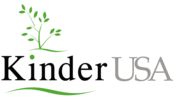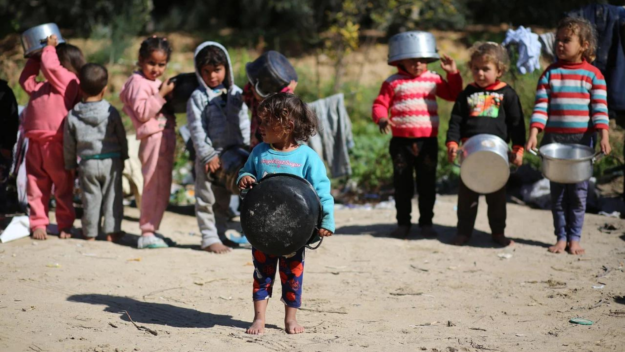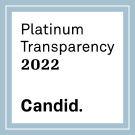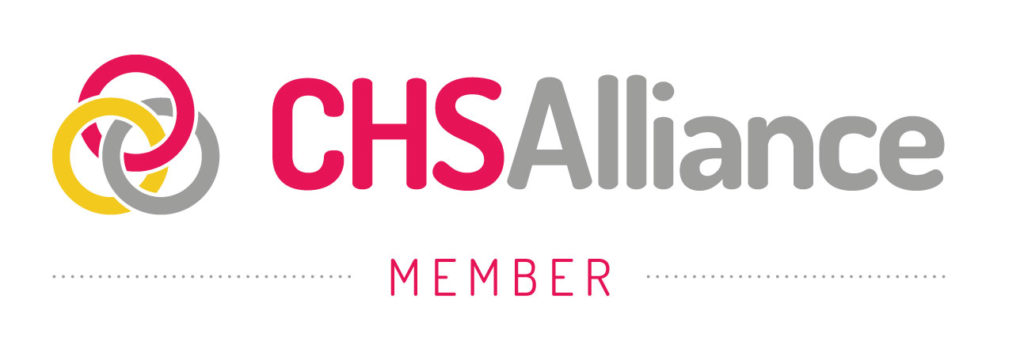The world has been living through a pandemic for more than a year now, and most of us have found ways to cope. We’re lucky: services like Amazon and DoorDash deliver necessities straight to our homes, and our healthcare professionals work round-the-clock to keep us safe.
In the war-torn occupied Palestinian territories (oPt), however, millions of civilians are left to fight a two-faced battle against its occupier and COVID-19.
Just last May, the 11 consecutive days of airstrikes from Israeli military forces killed numerous doctors and
caused over 10 health facilities to be damaged, including the Rimal clinic, Gaza’s only major COVID-19 laboratory. These actions have further impaired access to healthcare and trampled the population’s ability to ward off the virus. Subsequently, with the Palestinian territories beginning to report cases of the Delta variant last August, the region’s children are more vulnerable than ever before.
Aid is now sorely needed to provide emergency relief, including helping Palestinians rebuild the foundation of their shaken healthcare system. With such efforts, we can soften the harmful impact of the conflict, preserving their undeniable right to accessible healthcare.
A Jarring and Lasting Impact
In any war, children are among the most vulnerable, and both Gaza and the West Bank are no exception. We reported just last month that 75 children have been killed by the conflict this year alone, making for an average of
1 child lost every three days.
That’s not all, though: the Delta variant is now
the most dominant strain of COVID-19 in Palestine. Since it mostly affects the unvaccinated — including children not eligible for the vaccine — local children are increasingly at risk as schools stay open for the second month since the pandemic began.
Getting Back On Their Feet
To date, a total of 24 medical facilities have been partially or completely destroyed by attacks. And with remaining centers being overwhelmed by both conflict-related injuries and COVID patients, the estimated 1 million children who live in the Palestinian territories may face being barred access to healthcare completely. Through KinderUSA.org, even a simple one-time or small monthly donation can help our programs reach children in the oPt.
Such initiatives include tutoring programs covering subjects like Arabic, English, math, science, reading, and writing. Schooling, in particular, has been a priority for American aid providers as a whole, with the US Department of State itself supporting UN-led educational programs in the area. However, Mark Lombardi, president of Maryville University in St. Louis, notes that not just any kind of educational program can fit the bill.
“[W]e are no longer keepers of knowledge. We must serve instead as agile facilitators of knowledge, evolving and adapting to the new reality of how information flows through the world,” said Lombardi, a prominent contributor to Maryville University’s
higher education leadership program. He was talking about education’s role in the modern world as this applies to all initiatives to improve the education of children. The program uses dynamic, future-focused lessons to produce compassionate leaders that can help students flourish, even in times of adversity and unexpected circumstances. “Unlocking the innate potential of all students requires recentering [education] around students and their individual learning journeys.”
Kinder USA also spearheads a Nutritional Meals program that provides up to 32,000 meals to 14 kindergartens in a semester and a Women Empowerment Chicken Farming program that aims to provide more work opportunities to low-income, women-led households in Gaza.
Powering Through
Despite all the unprecedented difficulties they’re facing, however, children in the oPT are doing what children do best: maintaining endless positivity and hope for the future. Our recent music festival is evidence that children just want to be children.
Meanwhile, multiple ongoing initiatives are focusing on nurturing these children’s mental health. One is Drama4Healing, our
theater-based approach to therapy created in collaboration with the Palestinian grassroots organization Yes Theatre in Hebron. The avenue helps children express their emotions, learn coping mechanisms to combat the trauma they’ve experienced, and socialize with others.
“The lives of these children and their families have value and cannot be taken with impunity,” Dr. Laila Al-Marayati, KinderUSA chairperson and Muslim Women’s League co-founder asserts. “We have to help replace despair with hope, reminding the global community that Gaza’s children belong to all of us. And indeed, these children are proving resilient and are staying positive, and that’s why we never tire of doing what we can to help. Together, we can give them what people need most, fulfilling their rights to food, education, shelter, health, comfort — and, above all, their right to a healthy future.
Written by
Audrey Jasmine Clarke
Exclusive for KinderUSA.org
How You Can Make an Impact, Today:
As little as
$25 a month for a family of four or more, less than a dollar a day, your donation will carry these families through this challenging period in Lebanon.
You can join the effort to extend our reach by donating today. Your support means so much to those in need, so please
give whatever is meaningful to you. Thank you.
Donate




